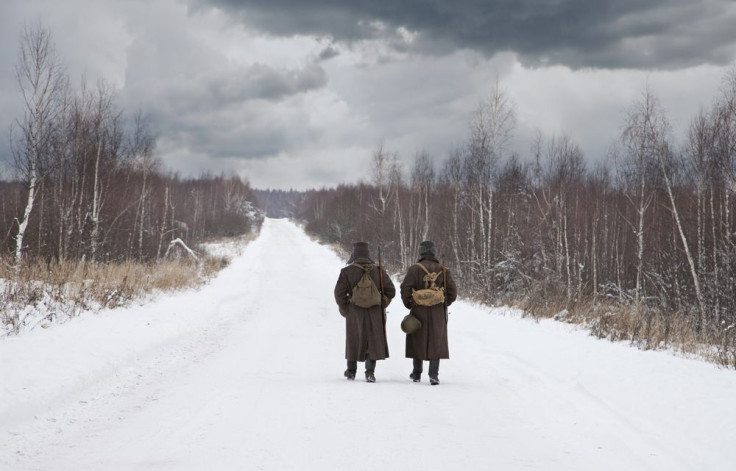Europeans Who Lived Through WWII At Higher Risk Of Physical, Psychiatric Complications

A fresh statistical look at the far-reaching consequences of World War II suggests that living through the war in continental Europe increased the risk of falling victim to physical, psychiatric, and social complications later in life, shedding new light on large-scale conflicts’ ability to transform a nation’s public health profile.
Dr. Joachim K. Winter, an economist at the University of Munich and co-author of the new study, said in a press release that the statistical review comes in response to the glaring lack of extensive research on the subject. "Given the scale of World War II and the ways it fundamentally changed the world, the existing economic literature about its long-term impact is remarkably thin," he said. "Studies of this type are important to help society better understand the many long-term consequences of military conflict."
The Cost of Armed Conflict
Published in the journal Review of Economics and Statistics, the study surveyed medical and social information from 20,000 older people across 12 European countries that were involved in the six-year conflict, which killed 2.5 percent of the world’s population. The observed health outcomes, which included an increased risk of diabetes, depression, and heart disease, were particularly pronounced in families with lower incomes, study author Dr. James P. Smith of the RAND Corporation noted. "While an event of the magnitude of World War II affected all social classes across Europe, our evidence suggests that the more-severe effects over the past decades were on the middle class, with the lower class right behind them in terms of the size of the impact," he explained.
In addition to medical data, the team also examined statistics related to education, economic attainment, and marriage. They found that people who lived through the war had lower levels of education, took longer to complete that education, were less likely to marry, and were less likely to be satisfied with life in old age. The researchers theorize that the dramatic loss of young fathers and providers may have contributed to these social setbacks.
Finally, the team noted a 5.8 percentage point-increase in the war-torn population’s likelihood of being depressed. “War has many noticeable consequences, but it also takes a toll on the health and well-being of survivors over the course of their lives," co-author Dr. Iris Kesternich told reporters.
Understanding the Impact of War
What the current study shows is that the consequences of an armed conflict are not limited to the years immediately following its resolution. Just like the effects of the Hiroshima and Nagasaki bombings lingered for generations after the attack, the impact of World War II extends well into the 21st century. As Smith puts it, “looking only at the costs of war during a war or immediately afterward significantly understates the complete costs of war."
The authors also point out that, in the case of World War II, a nation’s side in the conflict had little impact on its future social landscape. "What appears to be essential in the long term in terms of economic growth was not whether countries were on the winning or losing side of the war, but whether they were able eventually to transit to democracy and open-market economies," Smith concluded.



























